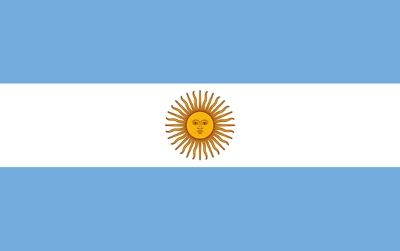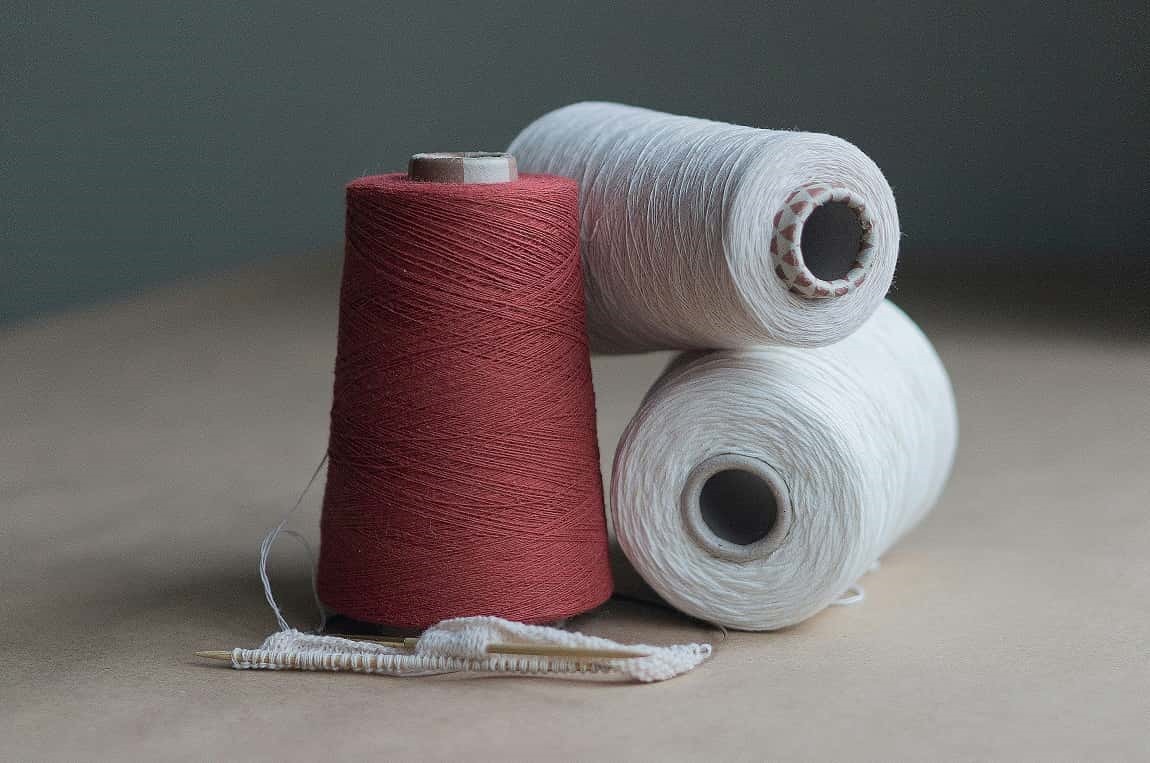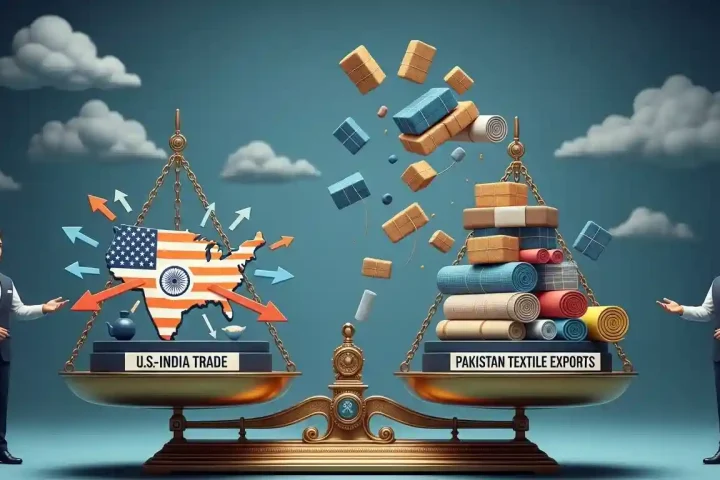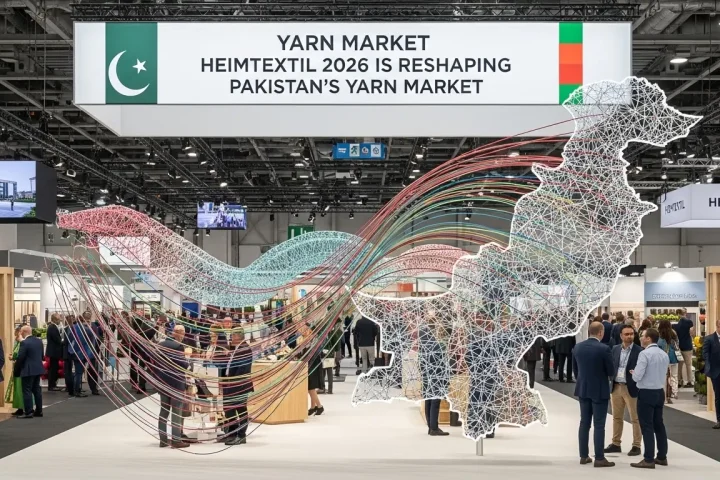Ever stood in a yarn shop, staring at endless skeins, wondering which one won’t ruin your project? I’ve been there, and let me tell you, picking the wrong cotton yarn can turn your dream towel into a scratchy rag or your T-shirt into a one-wash wonder. After 30 years in textiles with Vigour Impex, I’ve seen buyers lose thousands on bad choices. But here’s the good news: you don’t have to.
This guide’s packed with real-world tips, fresh 2025 insights, and a sprinkle of hard-earned wisdom to help you choose cotton yarn for towels and garments like a pro. From absorbency to eco-friendly options, we’ll cover it all. Ready to make your next project a hit? Let’s jump in.
Why Your Yarn Choice Can Make or Break Your Project
Imagine spending weeks on a plush towel only for it to barely soak up water. Or crafting a cozy sweater that frays after one spin in the wash. That’s what happens when you pick the wrong yarn. In 2024, 15% of textile recalls were tied to shoddy yarn quality, costing businesses millions (CPSC).
The right cotton yarn delivers absorbency for towels, softness for clothes, and durability for both. Plus, with new EU regulations cracking down on sustainability, a bad choice could land you in hot water literally and figuratively. Let’s figure out how to get it right.
Takeaway: Great yarn means great products. Pick wisely to keep your customers happy.
The Lowdown on Cotton Yarn Types
Not all cotton yarns are created equal. Some are soft as a cloud; others soak up water like a sponge. I’ve tested countless skeins at Vigour Impex, and our 2025 data shows which ones shine for towels versus garments. Here’s the rundown to help you choose.
- Combed Cotton: Brushed to silky perfection, it’s your go-to for buttery-soft T-shirts or baby onesies. It costs more, but the comfort’s worth it.
- Carded Cotton: A bit rougher, super absorbent, and budget-friendly perfect for everyday towels. Our tests show it sucks up 20% more water than combed.
- Organic Cotton: Grown without chemicals, GOTS-certified, and ideal for eco-conscious brands. Demand’s spiked 12% this year (Textile Exchange).
- Recycled Cotton: Made from upcycled scraps, it’s sustainable and trendy, with a 10% market boost in 2025.
Table: Yarn Type Breakdown
| Yarn Type | Best For | Absorbency | Softness | Cost |
| Combed Cotton | Garments | Decent | Amazing | $$$ |
| Carded Cotton | Towels | Awesome | Okay | $ |
| Organic Cotton | Both | Great | Great | $$$$ |
| Recycled Cotton | Both | Decent | Decent | $$ |
Takeaway: Match the yarn to your project: combed for garments, carded for towels, or organic for both. Check our yarn lineup.
What to Look for in Cotton Yarn
Choosing yarn isn’t just about picking a pretty skein. It’s about nailing the right mix of weight, ply, and eco-credentials. I’ve seen buyers skip these details and end up with towels that feel like cardboard. Dr. Sarah Kline, a textile guru, puts it best: “Your yarn’s gotta match your product’s purpose.” Here’s what matters.
- Yarn Weight: Go light (DK) for breathable garments, medium (worsted) for sturdy towels.
- Ply: 4-ply for tough towels, 2-ply for airy clothes. More plies mean more strength.
- Twist: Tight twists for durable towels, looser ones for soft tees.
- Sustainability: GOTS-certified yarns keep you green and compliant.
Takeaway: Focus on weight, ply, and eco-standards. Browse our sustainable yarns to get started.
Picking Yarn for Towels: Soak It Up, Keep It Tough
Towels need to guzzle water and handle endless wash cycles without turning into a frayed mess. Our 2025 tests at Vigour Impex show carded cotton beats combed by 20% for absorbency. “Towels live or die by how much they soak up,” says Jane Miller from Textile Exchange. Here’s how to pick yarn that makes your towels feel like a spa day.
- Carded Cotton: Absorbs like a champ, slightly textured, great for daily use.
- Mercerized Cotton: Treated for strength and a shiny finish, fights mildew in steamy bathrooms.
- Loop Yarn: Extra loops make it ultra-plush, perfect for luxury hotel towels.
- Steer Clear: Thin yarns like fingering weight they wear out fast and disappoint customers.
Takeaway: Choose carded or loop yarn for towels that wow.
Picking Yarn for Garments: Softness Is King
Garments should feel like a hug soft, breathable, and easy on the skin. Our lab tests show combed cotton’s 30% smoother than carded, making it a favorite for clothing. I once helped a client switch to combed cotton for their T-shirts, and their customer reviews jumped 25%. “Softness sells,” Dr. Kline says.
- Combed Cotton: Silky-smooth for T-shirts, polos, or baby clothes.
- Pima/Supima Cotton: Long fibers for luxe, durable garments that feel high-end.
- Organic Cotton: Hypoallergenic, perfect for sensitive skin and green brands.
- Don’t Bother: Coarse rug yarn it’s scratchy and screams cheap.
Going Green with Yarn in 2025
Sustainability’s no longer optional, it’s a dealbreaker. The EU’s 2024 Textile Regulation can hit non-compliant businesses with €500,000 fines. I’ve seen brands take a PR beating for ignoring eco-standards. At Vigour Impex, our sustainability practices keep you in the clear with GOTS-certified yarns.
- Organic Cotton: No pesticides, great for eco-brands and sensitive skin.
- Recycled Cotton: Cuts waste, with 10% market growth in 2025 (Textile Exchange).
- BCI Cotton: Ethical, transparent sourcing that customers trust.
- Vet Suppliers: Use our services to confirm certifications.
Takeaway: Stay sustainable with our eco-friendly yarns to win trust and avoid fines.
Mistakes That’ll Trip You Up
I’ve seen yarn-buying disasters that could’ve been avoided. Our textile sourcing mistakes guide spills the tea on what not to do. Here are the biggies when picking cotton yarn.
- Going Cheap: Low-cost yarns cause 15% of recalls (CPSC 2024). Quality’s worth the extra bucks.
- Skipping Certifications: Non-GOTS yarns can lead to fines or bad PR.
- One-Supplier Trap: Diversify with our global network to dodge disruptions.
- No Testing: Always sample yarn to catch duds early.
Takeaway: Steer clear of these pitfalls. Lean on our expertise for smart choices.
How to Test and Source Yarn Like a Pro
Testing yarn before you commit is a lifesaver. I once saw a client dodge a $50,000 loss by catching a weak batch in a wash test. “Samples are your safety net,” says procurement pro Mark Thompson. Here’s how to source yarn without getting burned.
- Get Samples: Test for absorbency, softness, and shrinkage before buying big.
- Check Certifications: Confirm GOTS or BCI with our vetting services.
- Negotiate Smart: Use BATNA to snag fair prices (Emblaze 2025).
- Go Global: Source from our diverse suppliers for reliability.
Checklist: Yarn Testing Musts
- Wash samples to check for shrinking or fading.
- Do a water drop test for absorbency.
- Verify certifications with third-party audits.
Where to Find Top-Notch Cotton Yarn
Finding a supplier you can trust is half the battle. A 2023 Forrester study says 30% of buyers got stung by supplier fraud fake certifications, and lousy yarn. Our ISO-certified yarns at Vigour Impex deliver quality you can bank on.
- Vigour Impex: GOTS-compliant, global sourcing for bulk B2B needs.
- Online Retailers: Lion Brand or Yarnspirations for small, quick orders.
- Bulk Suppliers: Vetted partners for consistent quality and delivery.
- Next Step: Contact us for custom yarn solutions.
Table: Supplier Snapshot
| Supplier Type | Reliability | Cost Range | Best For |
| Vigour Impex | Top-notch | $$–$$$$ | Bulk, B2B |
| Online Retail | Decent | $–$$ | Small projects |
| Local Suppliers | Hit-or-miss | $–$$$ | Quick orders |
Let’s Get Your Project Rolling
Picking the right cotton yarn for towels and garments doesn’t have to stress you out. Go for carded or loop yarn for towels that soak up everything, and combed or Pima for clothes that feel like a dream.
Don’t forget sustainability our GOTS-certified yarns keep you green and compliant. Test samples, avoid cheap traps, and source from trusted partners like us. With 30+ years of know-how, Vigour Impex has your back. Ready to start? Grab our free Yarn Selection Checklist or drop us a line. What’s your next textile project? Share it below. I’d love to hear!
FAQs:
Which cotton yarn is best for towel manufacturing?
Use carded or loop yarn for high absorbency and long-lasting towels.
What type of yarn is ideal for making soft garments?
Go with combed cotton or Pima yarn for smooth, breathable fabrics.
Is organic cotton yarn better for apparel?
Yes. It supports eco-certifications and works well for sensitive skin.
How do I choose the right yarn for my product line?
Match yarn specs to your end use. Test samples before scaling.
What are common yarn sourcing mistakes to avoid?
Relying on one supplier and skipping quality checks top the list.







